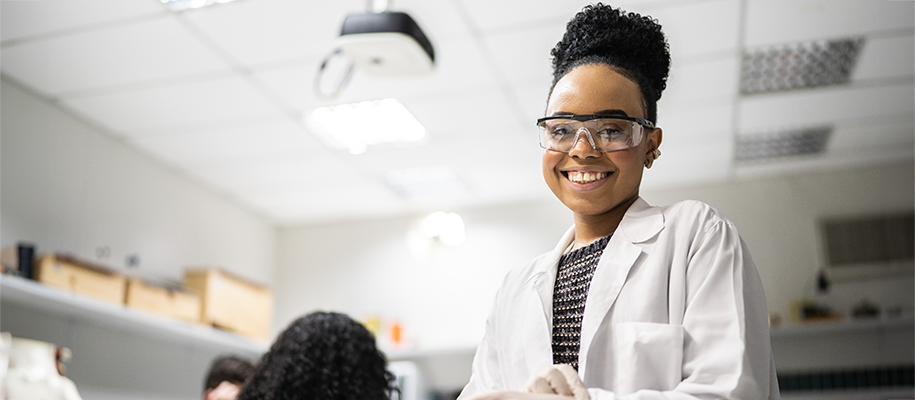With applicant pools at Harvard, Columbia, and Dartmouth increasing by more than 30% for the Class of 2025, it’s clear that colleges have become increasingly more competitive. That’s why having a strong résumé that stands out is crucial for students who are applying to highly selective colleges or direct medical (BS/MD) programs. One way to do so is by gaining hands-on research experience—but where can you find these opportunities that are usually reserved for older students? Here are three possible pathways for high schoolers to gain the valuable experience they need to impress colleges.
High school research pathways
Students should first look at what their high school offers; some schools have a research class like the Advanced Placement (AP) Capstone program, which consists of two courses: AP Seminar and AP Research. Students in the program are mentored on completing research, writing a thesis paper, and making a presentation. If this AP course isn’t available at your high school, you can also participate in science fairs or ask a high school teacher to guide you through an independent research project.
Research with a college professor
Students might want to work with an experienced mentor like a college professor who can lead you through the research process, connect you with resources, and help analyze data. To find a college professor willing to assist, try reaching out to local faculty members who have similar research interests—preferably those who work at a college you’d be interested in attending. In the email, you should include your résumé to help the professor get to know you and your interests better. Not all professors have the time and capability to have a high school student come into their lab to learn, so be prepared to email multiple faculty members and follow up to secure a position. Being flexible and willing to do whatever it takes can also help high schoolers gain hands-on research experience.
Related: A Step-by-Step Guide for an Effective Research Paper
Attend a research program
For students who prefer more structure, attending a STEM research camp can be a great way to get hands-on experience. Even better, you can earn college credit through some programs. One example is Rising Researchers, a virtual research program that lets students get hands-on experiences while earning two college credits. Students are mailed a microscope and lab kit so you can complete your own research at home. During the four-week course, you’ll learn how to conduct research on microbiology from a leading scientist at the University of Massachusetts Amherst.
Take research to the next level with a passion project
After completing your research, you should always consider how you can take your accomplishments to the next level. For example, if you’ve written a research paper, try getting it published in a high school research journal. Or you could choose to publish a book or guide on Kindle about your research. Another option is to run an informational campaign on social media or start a podcast to spread awareness about your research.
Related: How to Strengthen Your College Application During COVID-19
By completing research while you’re still in high school, you can distinguish yourself from other applicants and secure a spot at the most competitive universities. Don’t let yourself fall behind in the increasingly competitive admission world when there are plenty of opportunities out there to help you stand out to colleges.
Did you know you could get scholarships for your research experience to help pay for college? Start looking for them now with our Scholarship Search tool!








